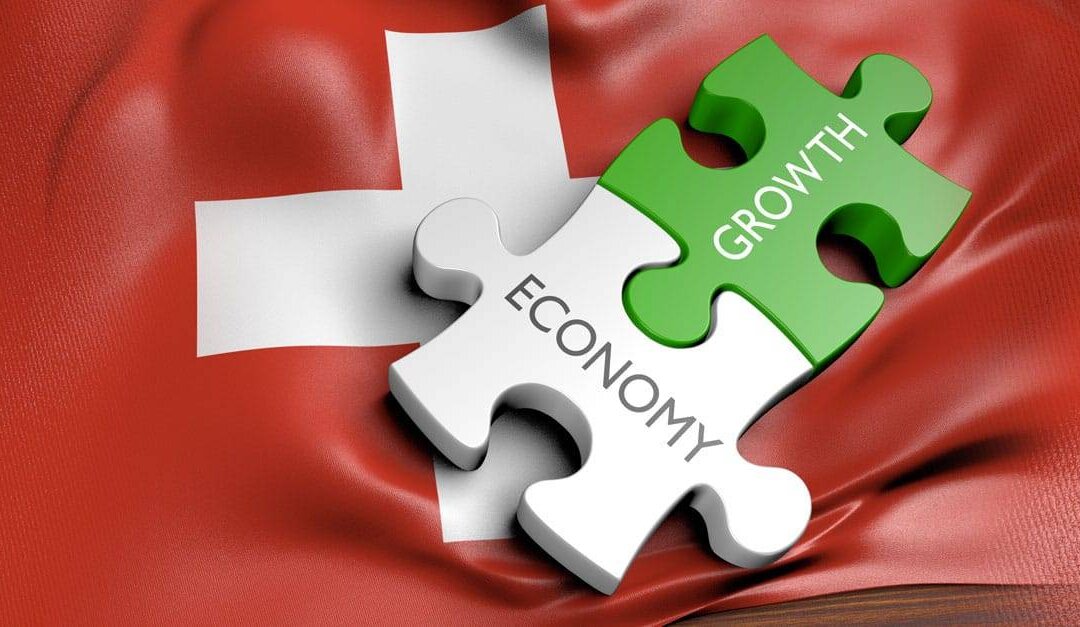Introduction
Swiss safe haven status remains one of the most enduring and unique features of global financial markets. For decades, during times of economic crisis or geopolitical turmoil, investors have consistently turned to Switzerland as a stable and reliable place to protect their wealth.
But what makes Switzerland such a trusted safe haven — even in 2025 — while so many other financial centers struggle with volatility?
The Core Ingredients of the Swiss Safe Haven
Switzerland offers a combination of rare attributes that maintain its safe haven reputation:
- Political neutrality: Switzerland stays out of major military conflicts, maintaining diplomatic ties with all sides.
- Legal stability: Strong rule of law, property rights, and independent courts protect investors.
- Strong currency: The Swiss franc (CHF) consistently holds its value, especially during global crises.
- Conservative fiscal policy: Low government debt levels and budget discipline increase trust.
- Robust financial system: Highly capitalized banks and strict regulation limit systemic risk.
“Switzerland combines financial sophistication with unmatched systemic safety.”
The Role of the Swiss Franc
The Swiss franc safe haven role is one of the strongest pillars of the country’s financial appeal:
- CHF tends to appreciate during global market stress.
- The Swiss National Bank (SNB) maintains policies that protect price stability while allowing controlled currency strength.
- Low inflation, even during global price shocks, reinforces CHF credibility.
- Currency reserves and international confidence keep speculative attacks rare.
For institutional investors, CHF assets serve as both a store of value and a portfolio hedge.

Why Global Investors Choose Switzerland
In 2025, global volatility remains high: geopolitical conflicts, interest rate uncertainty, and fragile emerging markets continue to create risk. Against this backdrop, investors turn to Switzerland for:
- Private banking services for high-net-worth individuals (HNWI)
- Stable legal frameworks for wealth structures (trusts, foundations, family offices)
- Growing institutional asset management sector
- Safe storage of physical assets (e.g., gold custody)
- Predictable taxation and regulation
“In an unpredictable world, Switzerland’s predictability becomes its greatest selling point.”
Challenges to Switzerland’s Safe Haven Status
Even the Swiss safe haven is not completely immune to global pressures:
- Increased global transparency reduces banking secrecy advantages.
- International tax cooperation adds complexity for foreign clients.
- Competition from centers like Singapore grows stronger.
- Geopolitical neutrality is increasingly tested in a polarized world.
However, Switzerland’s long history of navigating external pressure suggests it will continue adapting while preserving core safe haven qualities.
Conclusion
The Swiss safe haven status remains deeply rooted in the country’s political, legal, and financial DNA. For investors seeking security, stability, and long-term protection, Switzerland continues to offer one of the most attractive jurisdictions globally — even as the world becomes more unpredictable.
In private banking, wealth management, and global asset allocation, Switzerland’s role as a financial safe harbor remains as relevant as ever.
Other cool articles
- Swiss SMEs and Private Equity: Why Switzerland’s Mid-Market Is a Target for Global Funds
- Secondaries in Private Equity: Why LP Liquidity Is Creating a New Market Segment
- Permanent Capital Vehicles: The Next Evolution of Private Equity?
- Swiss Safe Haven: Why Switzerland Remains a safe bet for Investors
- Investing 2025: How Young Investors Should Navigate Higher Rates and Market Volatility
- BRICS Currency 2025: Is De-Dollarization Finally Happening?
- Federal Reserve Interest Rates 2025: How Global Markets Are Adapting

